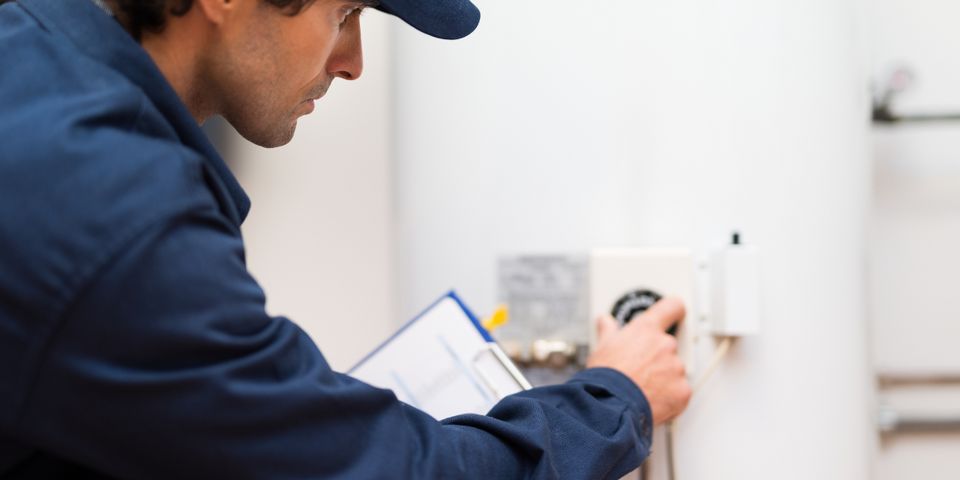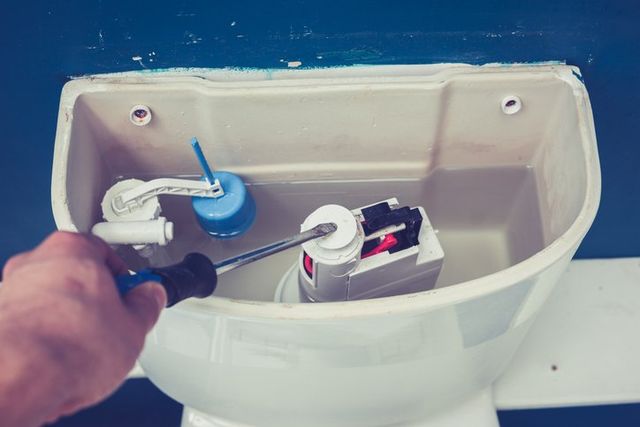Responding to the Primary Water Heater Urgencies
Responding to the Primary Water Heater Urgencies
Blog Article
What're your insights and beliefs on Common Hot Water Heater Problems?

A hot water heater is one of one of the most essential fundamental devices that can be discovered in a house. With water heaters, you don't require to undergo the stress and anxiety of home heating water manually every time there is a demand to take a bath, do the laundry, or the meals. There is always a possibility that your water heater would certainly act up as with many mechanical devices.
It is necessary to note any little malfunction as well as tackle it promptly before points leave hand. Most times, your water heater begins to malfunction when there is an accumulation of debris as a result of constant use. As a preventative measure, regular flushing of your water heater is suggested to stop debris accumulation and avoid useful failing.
Common water heater emergencies as well as exactly how to manage them
Leaky hot water heater container.
In this situation, you should transform off your water heating unit, enable it to cool down, and meticulously look for the resource of the issue. At times, all you need to do is to tighten up a few screws or pipeline links in instances of minor leakages. If this doesn't function and the leak persists, you could need to employ the solutions of a specialist for an ideal substitute.
Fluctuating water temperature level.
Your hot water heater could start producing water of different temperatures typically ice scalding or cold hot. In this scenario, the first thing you do is to guarantee that the temperature is readied to the preferred level. If after doing this, the water temperature maintains altering during showers or various other tasks, you might have a defective thermostat. There could be a requirement to replace either the thermostat or the home heating unit of your water heater.
Too little warm water
Taking care of an insufficient supply of warm water can be irritating. It may be that the water heater can not sustain the hot water need for your house. To take care of this issue, you can try to change your heating unit's temperature dial and await a few mins. You can ask for the aid of an expert plumber if the issue lingers. You can upgrade your water heating unit to one with a larger capacity.
Stained or odiferous water
When this occurs, you need to recognize if the issue is from the water or the container source. You are specific that it is your water heating system that is malfunctioning if there is no funny scent when you run cool water. The odiferous water can be brought on by corrosion or the buildup of microorganisms or debris in the hot water heater container. Once you notice this, you can attempt flushing out your storage tank or changing the anode if the trouble continues. The feature of the anode is to clean microorganisms from your container. Considering that the anode rod replacement needs an extensive expertise of your water furnace, you will certainly need the aid of a professional.
Verdict
Some property owners neglect little warning and also minor faults in their hot water heater unit. This just causes additional damages and a possible full break down of your home appliance. You ought to deal with your hot water heater faults as soon as they come near avoid even more costs and also unneeded emergency difficulties.
With water heating units, you do not need to go via the stress and anxiety of heating water manually every time there is a need to take a bath, do the laundry, or the meals. Your water heating system might begin creating water of various temperature levels normally ice chilly or scalding warm. It might be that the water heater can't sustain the hot water demand for your home. If there is no amusing odor when you run chilly water, then you are specific that it is your water heater that is defective. The stinky water can be caused by corrosion or the build-up of germs or sediments in the water heater container.
9 COMMON CAUSES OF WATER HEATER LEAKS
Why Is My Hot Water Heater Leaking?
Old Water Tank
Just like with any other household appliance, water tanks wear down as they age. Older water tanks are more susceptible to leaks and lower water retention. Generally, a leaking water tank results from rust buildup that causes internal corrosion. As the inside of the tank corrodes, cracks form that allow water to escape. You can patch the cracks to buy some time, but this is only a temporary fix. Eventually, you’ll need a new unit.
Drain Valve
You can use the drain valve on your water heater to empty and clean the tank. This component can become loose as it encounters continuous usage throughout the years. If your hot water heater is leaking, the source of the issue may be a loose drain valve. You may notice a mild water leak due to small openings that weren’t there before. Sometimes a simple tightening will do the trick, but if the valve is loose at the base, you will need to replace it.
High Pressure
Your water heater will naturally create pressure as it increases the water’s temperature. But too much pressure can cause problems. If excess pressure can’t escape the unit properly, water starts to leak through any cracks that are present.
Malfunctioning Temperature & Pressure Relief Valve
The problem above may result from a malfunctioning pressure relief valve. When the internal pressure of your water tank gets too high, the pressure relief valve allows steam to escape the unit and return to a stable temperature. Sometimes the valve just gets loose and needs to be tightened, but if it’s broken, you need to replace it with a new one.
Inlet & Outlet Connections
During the heating process, cold water comes into the tank through the inlet connection, and hot water exits through the outlet connection to travel through the pipes in your home. As with drain and pressure relief valves, these connections can loosen over time and cause a water heater leak. If this happens, either try to tighten the connections yourself or call a professional plumber.
Tank Interior
Water heaters have two “shells,” an internal shell that contains the water and an external shell that insulates the internal shell. While water leaks coming from the external shell are easy to spot because it’s just covered by a thin metal layer, they’re harder to catch in the internal shell because it’s covered by two layers of material.
Collection of Sediment
Here’s why regular water heater maintenance is so important. If you neglect cleaning the tank, sediment builds up at the bottom and eventually causes the unit to crack. The formation of cracks in the tank can cause a mild to severe water heater leak in your home. If the tank starts leaking, all you can do is replace it entirely. So do yourself a favor and clean the tank a few times a year to prevent this from happening. Your wallet will thank you later.
https://www.horizonservices.com/about-us/blog/9-common-causes-of-water-heater-leaks/

I came across that entry about Is Your Water Heater Leaking? when doing a search on the web. Please take the time to share this post if you appreciated it. We truly appreciate reading our article about Is Your Water Heater Leaking?.
Get Quote Now Report this page